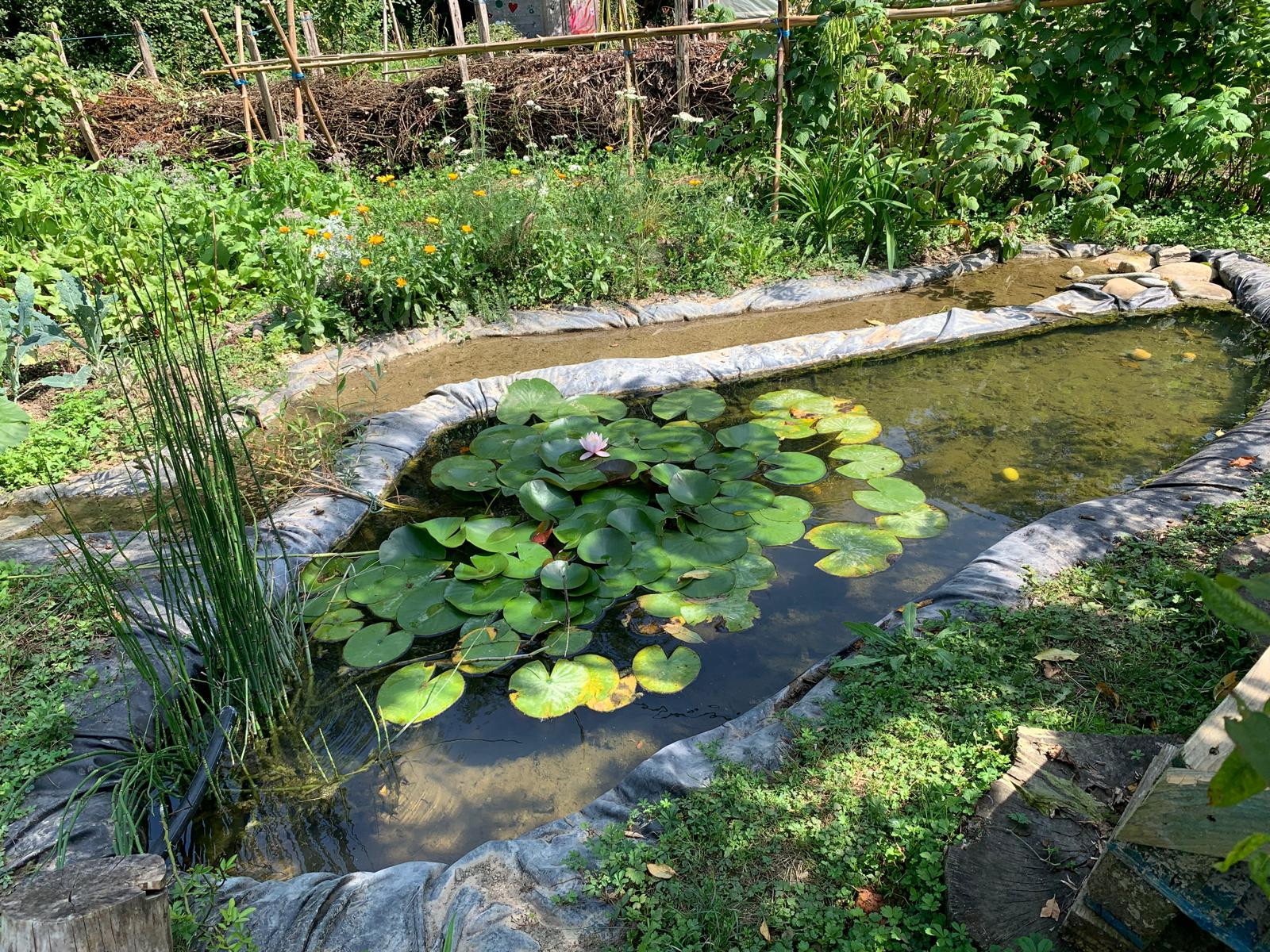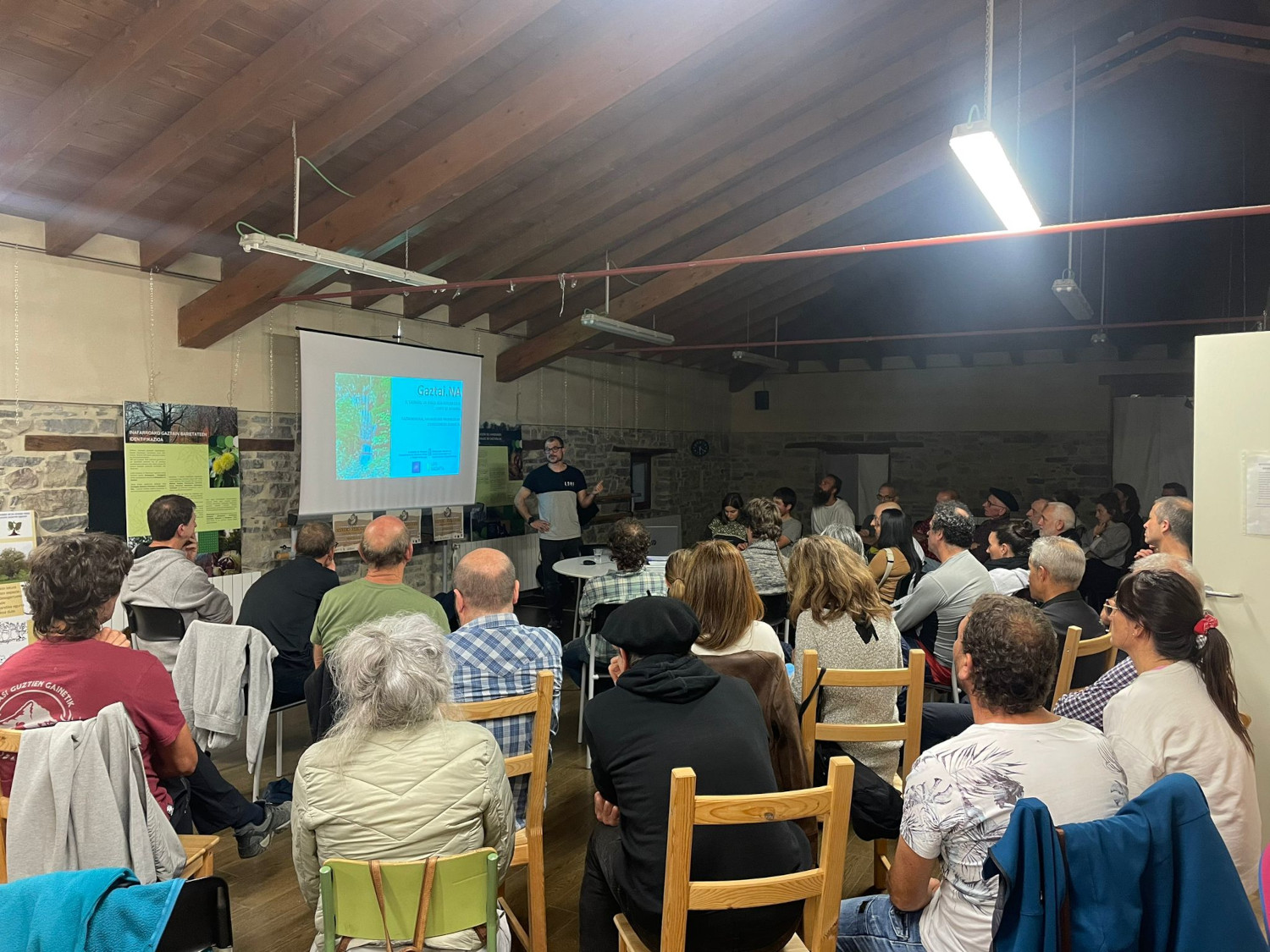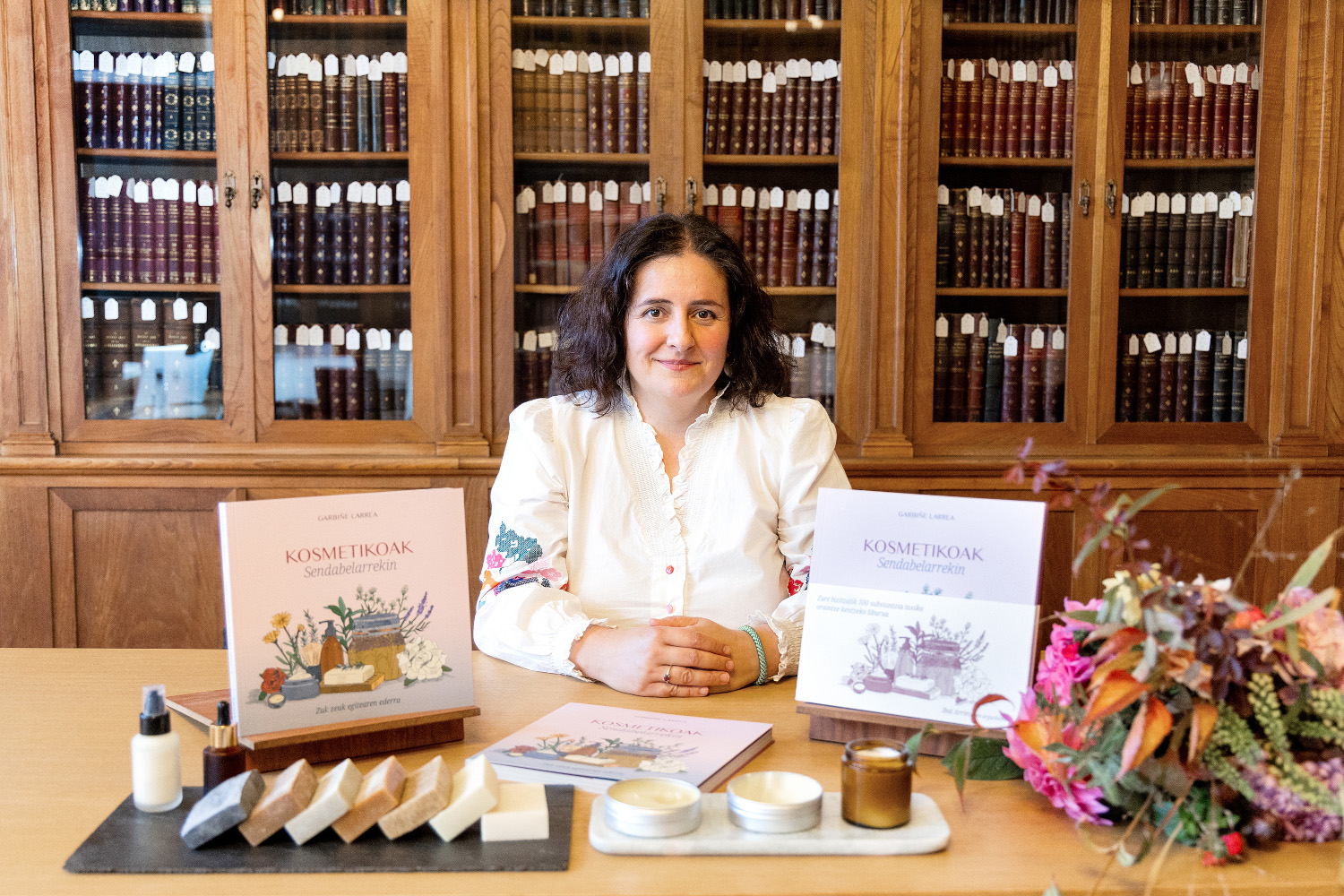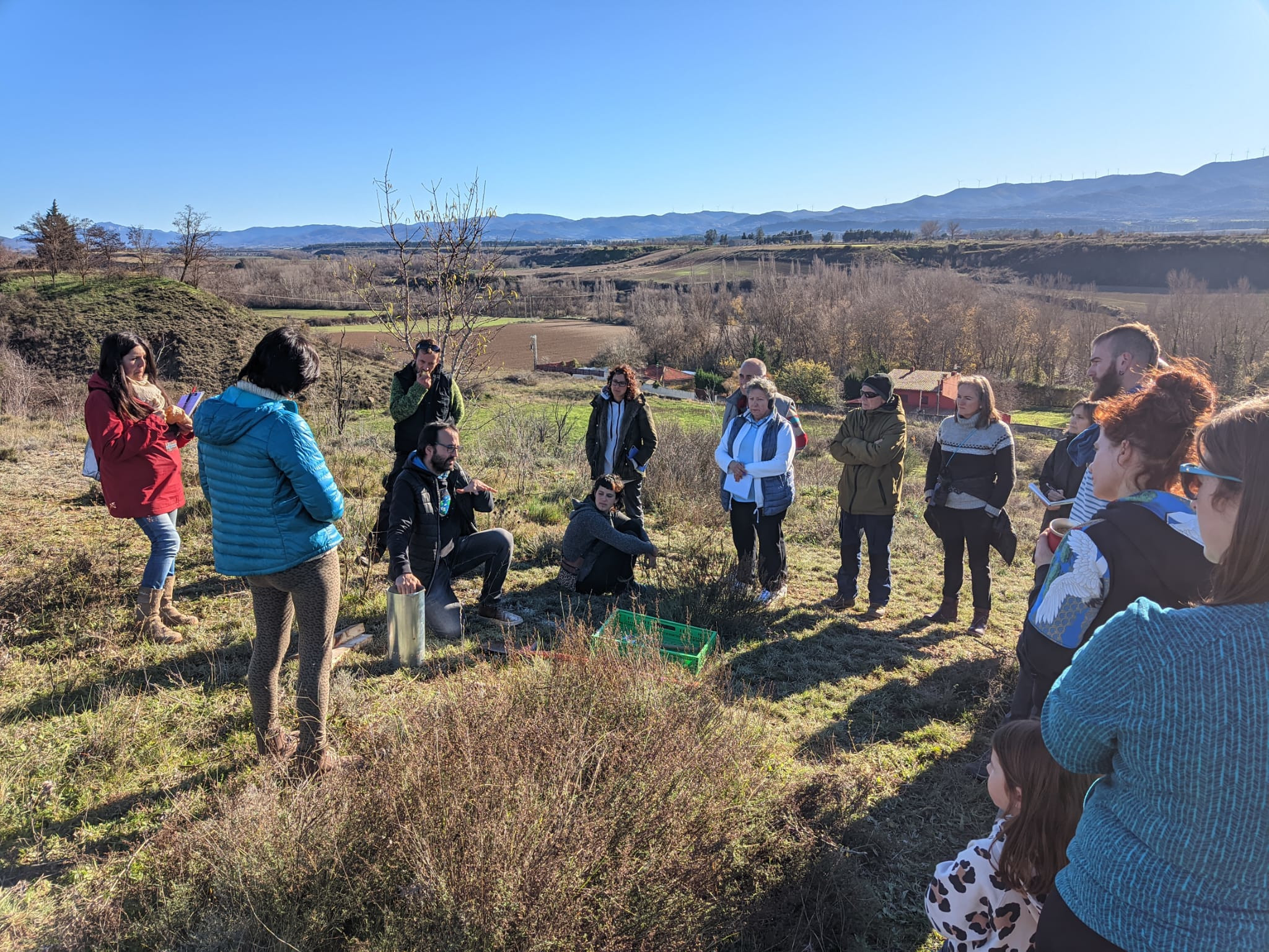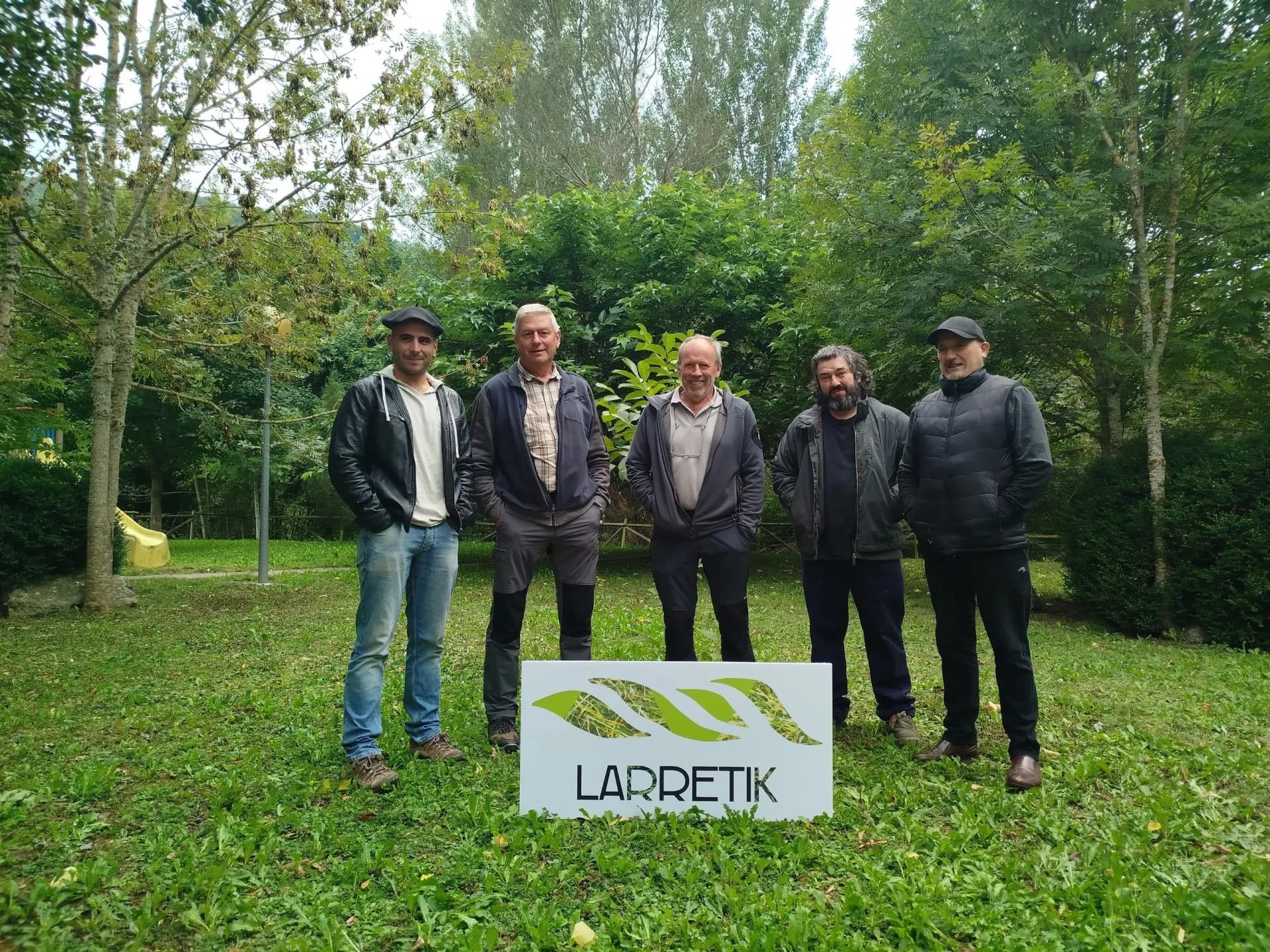Three women behind the worm humus production project
- The region of Añana de Álava is known mainly for its salt flats, but for the last two years another unique project has been launched in Zambrana, totally unrelated to salt: Humus de Añana. Andrea Cortes Paz, Estibaliz Ramírez Leiva and Tania Busto López are in charge of the assembly, which has their own production. “The three of us had been working in various activities related to the environment; in urban orchards, in agroecological plans… one of us is Chilean, and there the experiences of the worm humus were working very well”. If there was success, why not here? The project was launched in February 2019.

Worm compost brings many benefits to land: it attracts the organic substances and minerals that land and plants need, improves nutrient assimilation and, in general, structure and balance the land, among many other things. “In short, we say that we are recovering the land,” adds Bust.
What is the production process of worm humus? In short, this is what he told us: “Organic matter must first be pre-composted, it must take a certain temperature to eliminate some pathogens. Once the material is pre-composted, the worms eat and poop. That’s the humus.” The excrement of cows held by a neighbouring farmer is used for the production of the humus. “They are animals that do half a year out.” The whole process is being carried out closely, boosting social, ecological and economic sustainability.
Few models in the nearby environment
The three members of the Humusa project of Añana were in Madrid receiving a course and later, in collaboration with the HAZI agency for Rural, Coastal and Food Promotion, spent some time studying the earthworm breeding project of Hezie de Zestoa. “Around, we started working with the red worms that we brought from Zestoa on a land that had the father of one of us.”
The Algerian producer says that in Euskal Herria there are few projects for the production of worm humus. On the other hand, in Asturias, Galicia, Extremadura or Madrid there are many farms. “In the area of Vitoria-Gasteiz and in the area of La Rioja and Burgos there are some, but it is not so common and most of them sell the product at a very low price.” In this regard, Busto believes that if there were more similar projects, they would have fewer difficulties, as authorizations and permits are sufficient to achieve them, as it has not yet been defined what these farms are: “They don’t know if we get into the field of waste management, or if we take livestock as a core...” At the moment, they produce small-scale humus for small vegetable gardens in the area.














